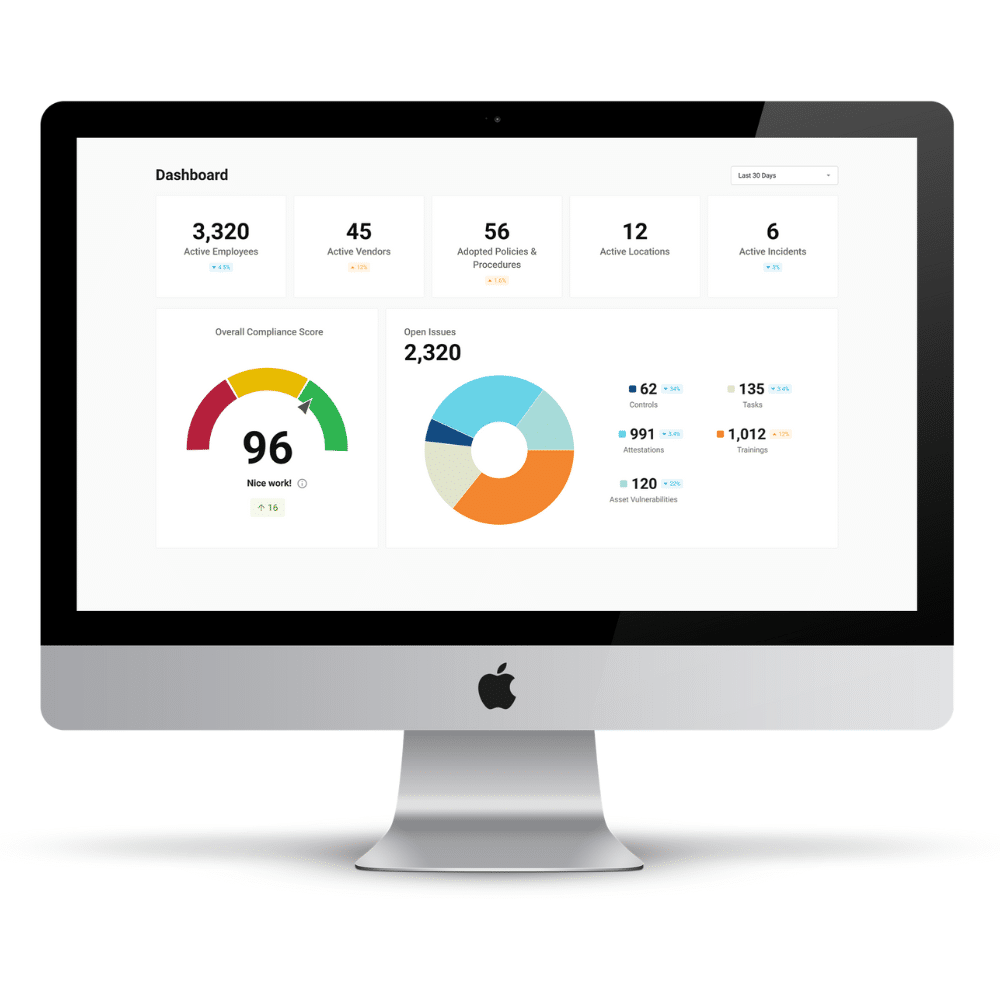
Amidst the rapid advancements and constant transformations in the healthcare field, compliance with regulations and standards is crucial to ensure patient safety, protect sensitive information, and maintain the integrity of medical institutions. A well-structured and comprehensive healthcare compliance work plan is vital in achieving these objectives.
We will explore the significance of a healthcare compliance work plan, discuss its various components, and provide insights into using templates to streamline the process.
Why is a Healthcare Compliance Work Plan Important?
A healthcare compliance work plan is essential for ensuring regulatory adherence and maintaining the highest standards of patient care.
Safeguarding Patient Trust
Patient trust forms the foundation of any successful healthcare facility. By implementing a robust compliance work plan, healthcare organizations can demonstrate their commitment to maintaining ethical practices, ensuring patient confidentiality, and delivering high-quality care. This fosters trust among patients, encouraging them to seek medical assistance without hesitation.
Mitigating Legal Risks
The healthcare industry is subject to numerous laws and regulations that govern everything from billing practices to data security. Establishing an effective compliance work plan helps organizations stay updated on changing legal requirements and ensures adherence to these norms. Healthcare organizations can avoid costly litigations and reputational damage by proactively addressing potential risks.
Components of a Healthcare Compliance Work Plan
A comprehensive healthcare compliance work plan consists of various essential components to ensure adherence to regulations and ethical standards.
1. Policy Development
Creating policies and procedures that outline acceptable behavior within the organization is essential for promoting a culture of compliance. These policies should cover areas such as privacy protection, code of conduct for employees, anti-fraud measures, and reporting mechanisms for violations.
2. Training & Education
Regular training sessions are vital to educate employees about regulatory requirements and organizational policies. These sessions help staff members understand their roles in maintaining compliance standards while equipping them with the necessary skills to identify potential violations.
3. Internal Audits
Conducting periodic internal audits allow healthcare organizations to assess their level of compliance with established policies and procedures. Audits help identify gaps or weaknesses in existing systems while enabling timely corrective actions.
4. Risk Assessment
Thoroughly evaluating potential risks is crucial for proactive compliance management. By identifying areas of vulnerability, healthcare organizations can implement preventive measures to minimize the likelihood of non-compliance.
5. Incident Reporting & Investigation
A well-defined framework for reporting incidents and investigating potential violations is essential for maintaining an ethical work environment. Prompt action in response to reported incidents demonstrates a commitment toward transparency and accountability.
Utilizing an Annual Compliance Work Plan Template
To streamline the process of creating a healthcare compliance work plan, many organizations opt to use templates designed specifically for this purpose. These templates provide a structured framework that ensures all necessary components are considered while allowing customization based on individual needs. Here are some key benefits of using templates.
1. Time Efficiency
Templates eliminate the need to start from scratch, saving valuable time that can be directed towards other critical tasks. They simplify the planning process with pre-designed sections and prompts, providing a clear roadmap.
2. Consistency & Standardization
Using templates helps maintain consistency across different departments within an organization or even across multiple facilities in a healthcare network. This ensures that compliance efforts are aligned and follow standardized procedures.
3. Best Practices Integration
Templates often incorporate industry best practices, enabling organizations to leverage proven strategies in their compliance work plans. This ensures comprehensive coverage of regulatory requirements while minimizing the risk of oversight.
Compliancy Group: A Comprehensive Healthcare Compliance Work Plan
Compliancy Group offers a robust healthcare compliance work plan that helps organizations navigate the complex regulatory landscape of the industry. With our unique methodology, the software provides a step-by-step approach to achieving and maintaining compliance.
With a healthcare compliance work plan template built into the software platform – implementing policies and procedures, conducting risk assessments, training staff members, and ensuring ongoing compliance is easy. By partnering with Compliancy Group, healthcare organizations can rest assured that they have a comprehensive compliance program, minimizing the risk of data breaches and potential penalties.
“Compliancy Group’s software is exactly the answer I was looking for to create and manage my policies and procedures. Working with them saved me at least three years of work” – Clive Wilby, Compliance Officer, Alabama Cancer Centers.









